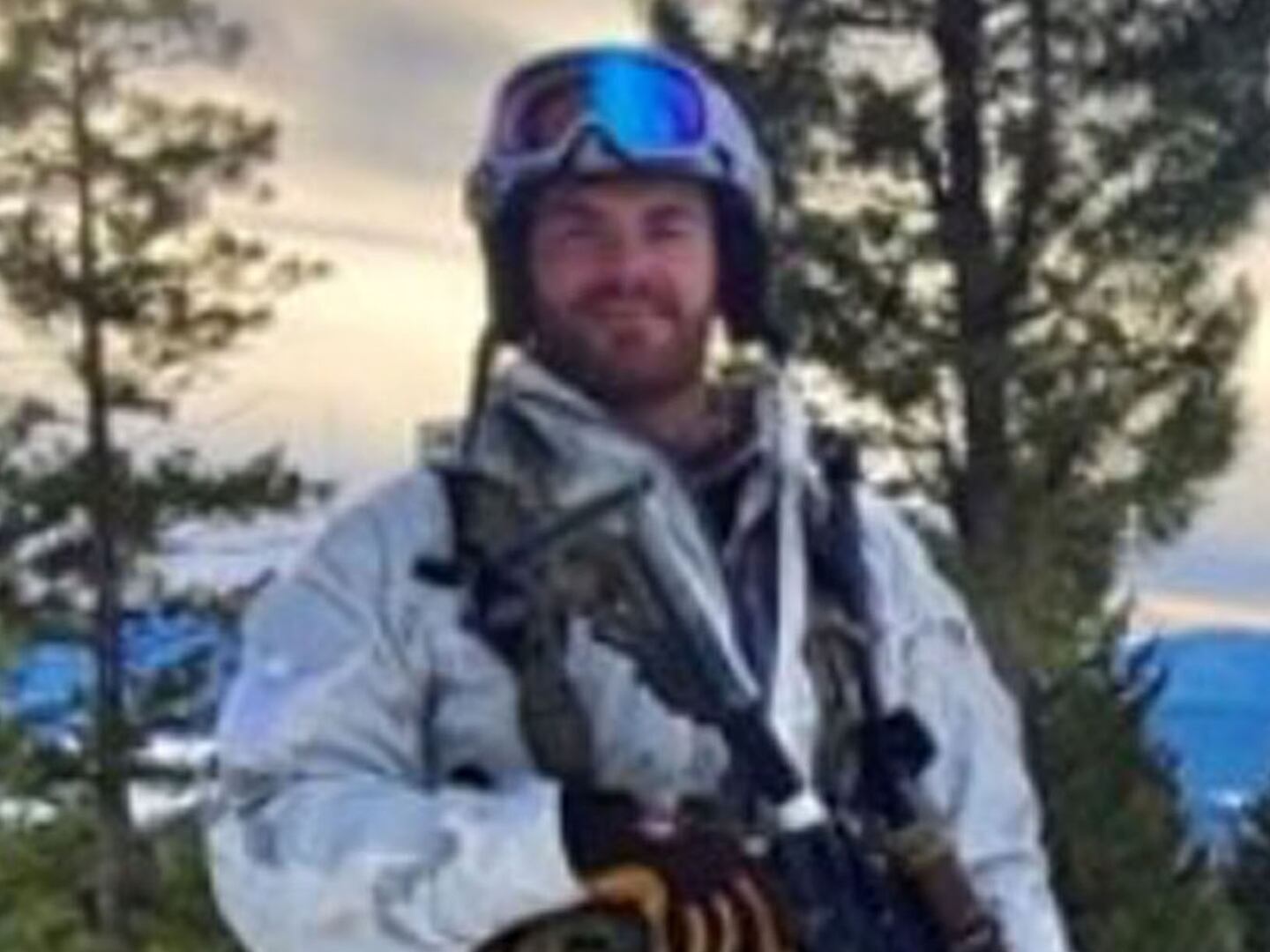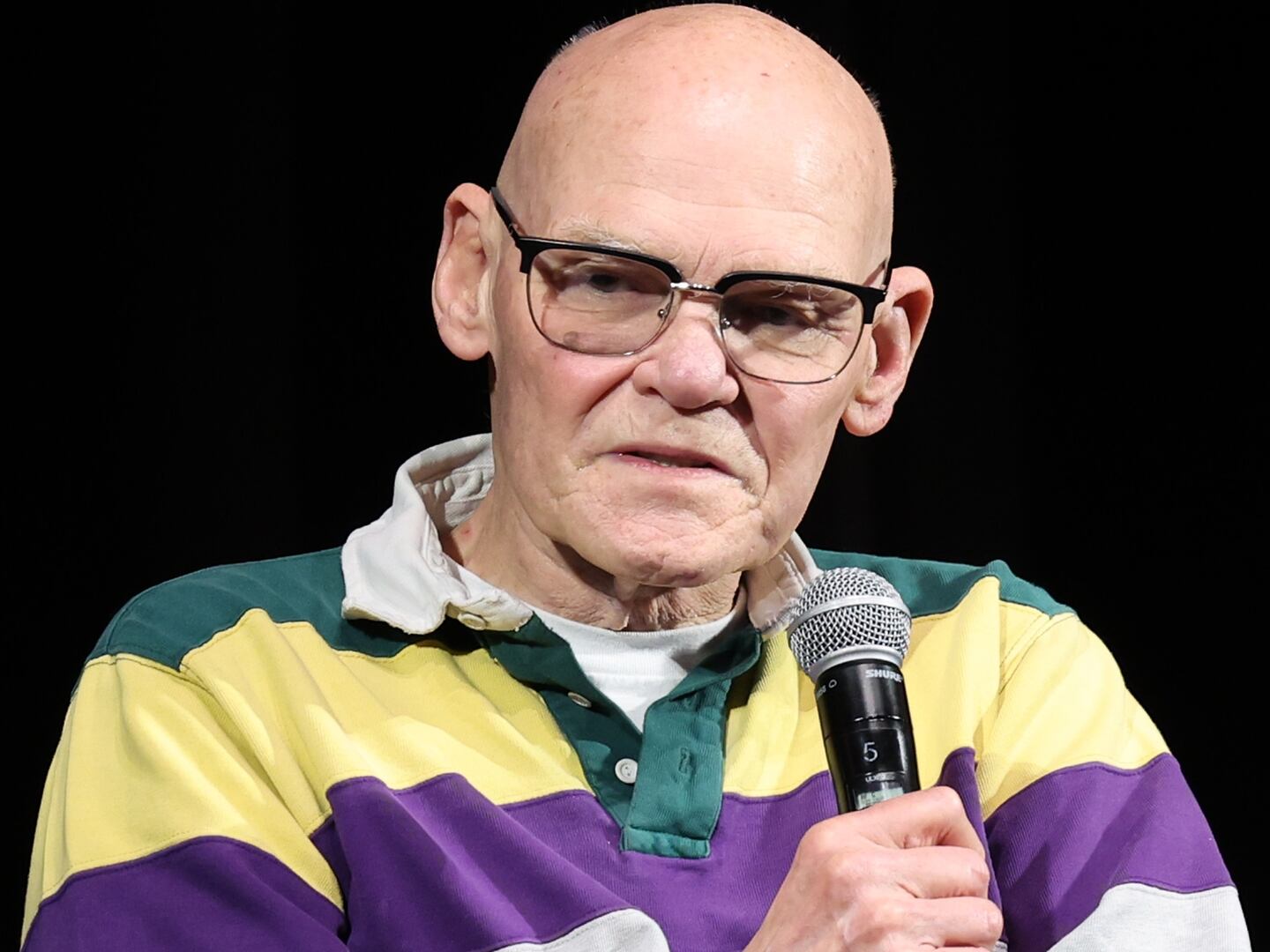Entertainment
Frank Hurley/New York Daily News Archive, via Getty
Whitney Young Jr., The Boardroom Hero of the Civil Rights Movement
HERO
A new documentary honors Whitney Young Jr., an unsung player in the civil rights movement. Nina Strochlic reports.

Trending Now





